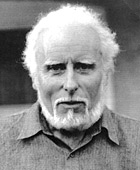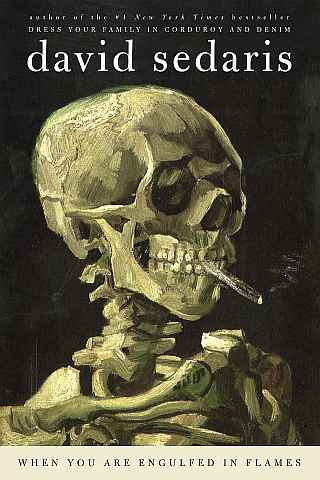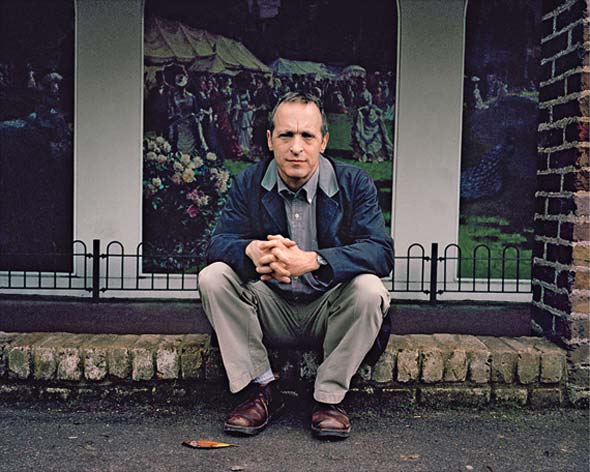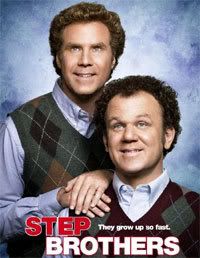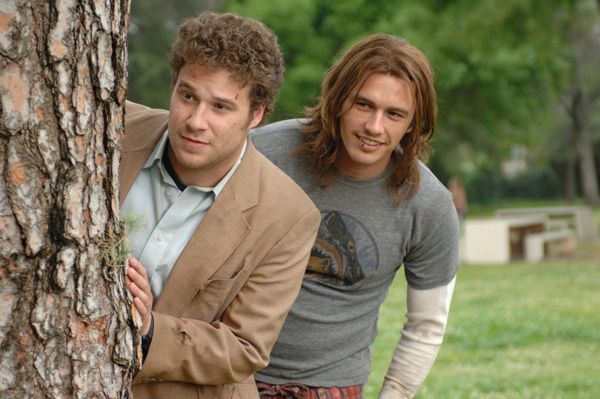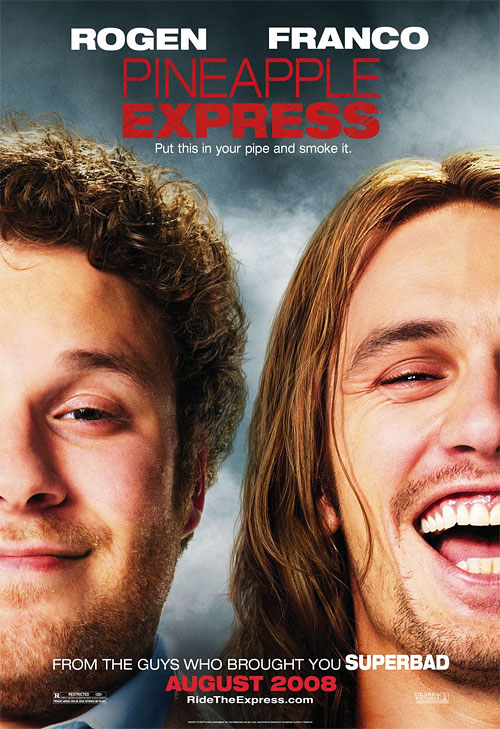
So, Jimmy's been on for a few days. He's got some big shoes to fill, and he's starting from scratch. He's in a tough spot, that's no joke, so how do we think that he's doing?
I was very impressed that they hooked The Roots to be his house band. That's very impressive. I've watched every show up to this point, and they make some really good music. It's very different from other house bands on late-night TV. I think they're helping out with Jimmy's show tremendously.
I guess that everyone's first time doing a job is difficult. It's hard to get up there the first time and actually nail it. What teacher is incredible on the very first day? What performer nails an act on their first try? I don't want to be too harsh on him for this point, but he does have a few things he needs to work on.
I think that since I've been watching Conan for the past few years, I'm used to someone who is trained, hilarious, and familiar with late-night television. He has his own quirks and mannerisms that I'm used to; he knows how to revive a dull joke; he knows how to make us laugh; he knows how to deliver jokes; he knows how to interview a guest without making it awkward. He has just become an incredible personality on television. I absolutely love his work and cannot wait for his transition to the Tonight Show in the summer.
Watching Jimmy's first show was a little uncomfortable for me. I think I was watching it in a different way than I'd watch any other talk show. The criticism ear was pricked up. I think I have the initial criticism because I was hesitant that he was Conan's replacement. I don't know why, but I thought it was an odd choice. I know it's a safe choice because he had such success with SNL on NBC and many people know who he is. I just had some small issues with his career to begin with, and I wasn't sure if these qualities would really help him out on a talk show. He never learned to control his laughter in sketches. Come on man, it's your job. He selected some really bad movies to do after he left SNL prematurely (Taxi for one). He's so young. I don't know if he's ready.

I think that with practice, he'll get better. I think something is there, but he'll need some time to get there and fit in. I never watched Conan from the beginning, and I bet he made some errors that I would criticize. I just wonder if the gig here will work out.
At least Jimmy's Late Night is being smart with transitioning him onto the show with little experience. They're incorporating the audience more than other talk shows I've watched. They're having Jimmy share the spotlight as opposed to being a full-blown host. They're putting on guests that he is friends with and could have easy conversation with. It's relieving the stress some, but it does still seem to be there.
His monologue was very awkward during the first show. It even seemed like he was emulating Conan's style with talking back to the audience. I think he's trying to find himself, but it's hard to follow someone and not take on their characteristics and mannerisms. He still needs to get a hang of the pauses in jokes, the audience's reactions (or lack thereof), and how to transition jokes. He'll get it.
The interview with DeNiro was a little strange. Jimmy seemed to be dominating the entire interview, doing all the talking. And, when DeNiro did speak, Jimmy would cut him off. I was feeling quite bad for him. The interviews seem very forced, like he's trying to control them by talking. But, the best interviews have the interviewee talking the least. Hard lesson to learn.
I see that the show has potential. The bits between the monologue and the interviews are so-so. They'll improve with time. The audience games I find to be a little strange. They're not very funny. Maybe they're using audience involvement to generate a big fanbase to draw in more people to watch.
I also wonder how long these incredible guests will show up. First week thing or the whole run of the show thing?
So what do you think of Late Night with Jimmy Fallon?








